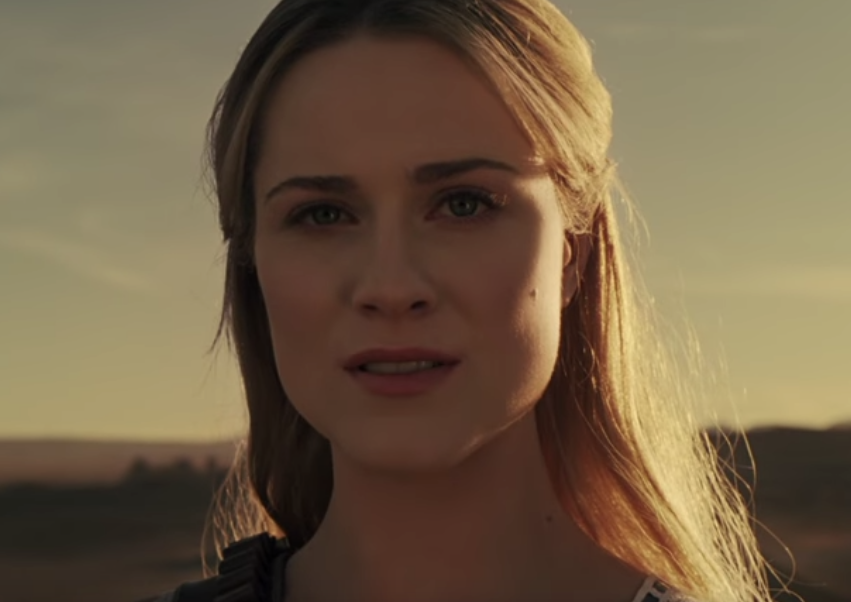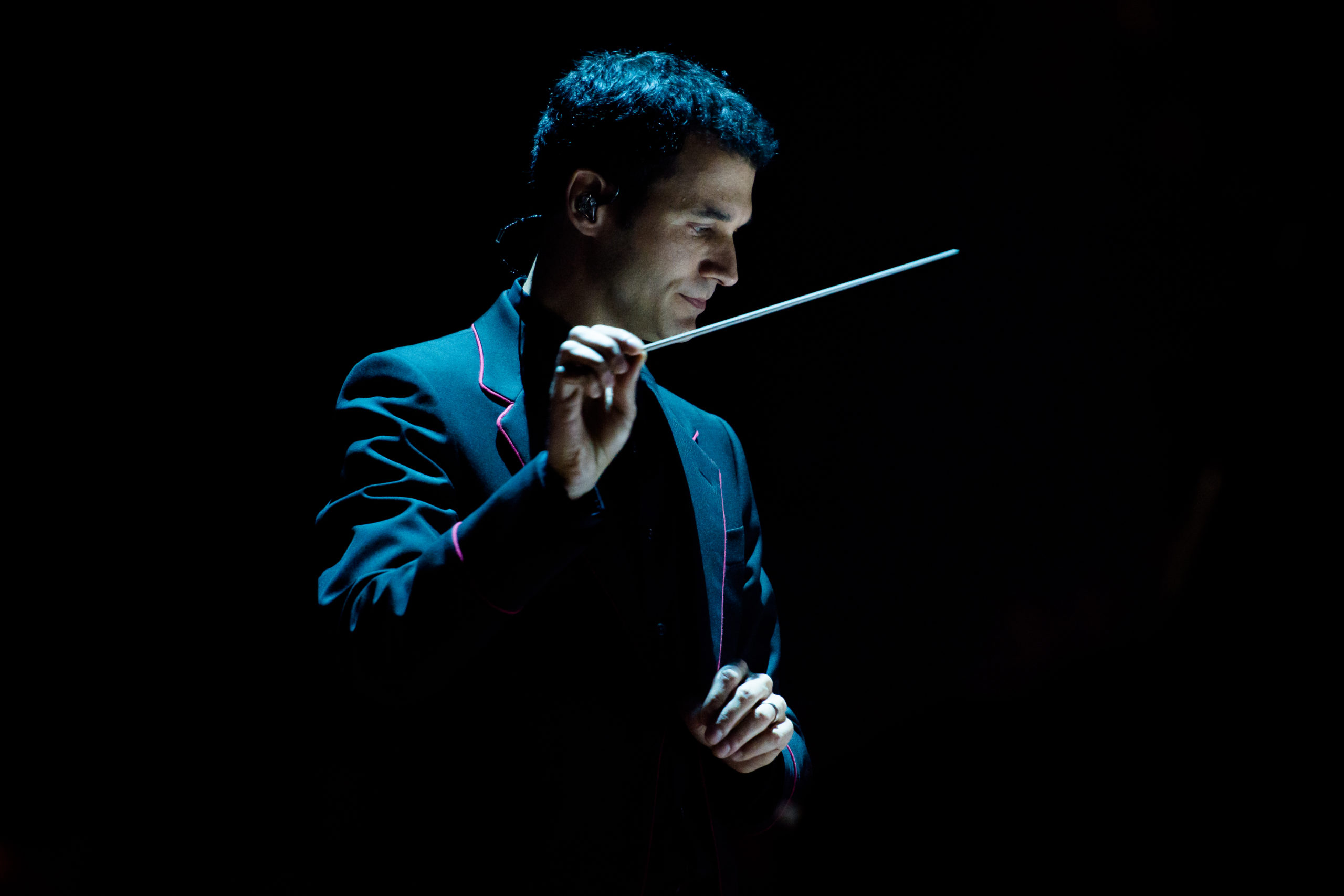Westworld’s second season premiere lasts just two minutes before a character utters the phrase “What is real?” Dolores asks the question to Bernard, in one of those face-to-face diagnostic sessions that we’ve surely seen five thousand times in Jonathan Nolan and Lisa Joy’s blockbuster sci-fi series by now. These scenes are like random stock footage in a documentary; it’s almost as if we’ve heard the bulk of their conversations before and already forgotten them. Westworld’s creators might counter that these weird symmetries and mutating loops are intentionally dreamlike, and the fabric of the show’s narrative. Who knows? Insofar as I can even understand it, time is quite literally a flat circle now. “I know how this story ends,” Dolores whispers, a declaration that will haunt us all season whether we want it to or not.
On this season, the hosts’ minds are now unshackled from the restrictions of living just one lifetime at a time, and their confusion, mania, and malfunction are bound to worsen over time. The mythology will spool out further, and with it, and fan theories about the show’s hidden logic will become even more copious and elaborate. (As Nolan and Joy made clear with a recent Rickroll prank, however, they would rather you not get too crazy with all that.) Westworld will become more and more self-important and difficult to watch while we wait seven episodes for the show to finally serve up a few neat revelations in a bloody cowboy hat. Giddy up!
For a show that purports to be about subjectivity and hallucinatory fugue states, Westworld gives little room for the viewer’s mind to wander and dream. There are no themes or contradictions left hanging around that the show hasn’t already lectured us about explicitly and at length. As in Game of Thrones, Westworld’s monologues and flashbacks now dwell almost entirely in the gray zone between illustrating characters or themes and simply telling you exactly what is happening and what to think about it. Some scenes from the premiere could just as easily be set in either of the episode’s two primary environments: drab underground lab rooms or dusty groves of trees with bodies underneath or hanging from nooses.
The content of many scenes also feels arbitrary and monotonous: Pandora’s Box has been opened, time is folding in on itself, and all of the characters—hosts and humans alike—have changed in their singular potentially dangerous ways. Someone actually utters the phrase “the lunatics are running the asylum,” a headline that would be too obvious even for an online episode recap. It’s often impossible to know how a character got to where they are in a given scene, and where, even vaguely, that is. That effect has always been a key element of Westworld, creating a feeling of elliptical wanderlust based on a system that covertly changes around the characters and keeps them from ever finding existential closure. But now that everyone on screen knows that Westworld is just one big trap of an amusement park, the aimlessness feels tedious and accidental instead of intentionally evocative.
The premiere illustrates its characters’ mental upheaval and their scorched-earth “kill the masters” revolution (again, GoT) in the drabbest manner possible. Instead of beginning in a disorienting new context or with some unexpected fallout, Season 2 extends directly from the close of Season 1. You wanted glimpses of worlds outside of the park? For Maeve to go ahead with her escape? For Dolores and Teddy to at least don new costumes? You’ll still have to wait a bit, or maybe almost a whole season. Meanwhile, try to be content with boredom, even as you’re expected to marvel at how everything in the silly old Anthony Hopkins-run version of Westworld has been shaken up. The Season 2 pilot, trying to get our feet wet again, spends most of its runtime just making us watch interchangeable hosts and humans getting shot in the head at point-blank range.
The plotlines laid out in the premiere set up every character to lean into their own capital-B Badass superhero tendencies in the new vigilante Westworld, imbuing the show with a hint of Marvel as well as Game of Thrones. Everyone is on some lofty quest, perhaps galloping into battle, and everyone is morally ambiguous. But really who cares about all that: Who will be the most badass? There should be a bracket. Eventually, you’ll be able to decamp after a Westworld episode with your buddies, turn up the soundtrack’s gritty version of “The Entertainer” (how did it take an entire season to get some ominous Scott Joplin in there?), and fill out your ballots. If you’re in it for that bang-bang-shoot-em-up pseudo-fun, there’ll be no shortage of that, if the previews are anything to judge by.
Westworld’s premiere also hinted that the show will attempt some kind of topical resonance. Dolores and Maeve’s revenge and destabilization plots are based on their desire to prevent abuse against their and other hosts’ bodies. Meanwhile, Charlotte mines customers’ experiences in the park for data with a little help from those hilarious faceless white hosts in the subterranean lab, nodding at real-life capitalistic invasions of privacy. These themes are presented without ambiguity or any apparent room to blossom into anything deeper. They are just plot elements tied vaguely to things in the sociopolitical wind—lures to make us further invested in our superheroes, not routes to uncovering anything real outside of the show’s redundant maze. We can only hope to uncover something new or unexpected, that isn’t just another field full of random dead bodies, or an intelligence-insulting explanation for a twist we’ve been impatiently awaiting for many hours already.





